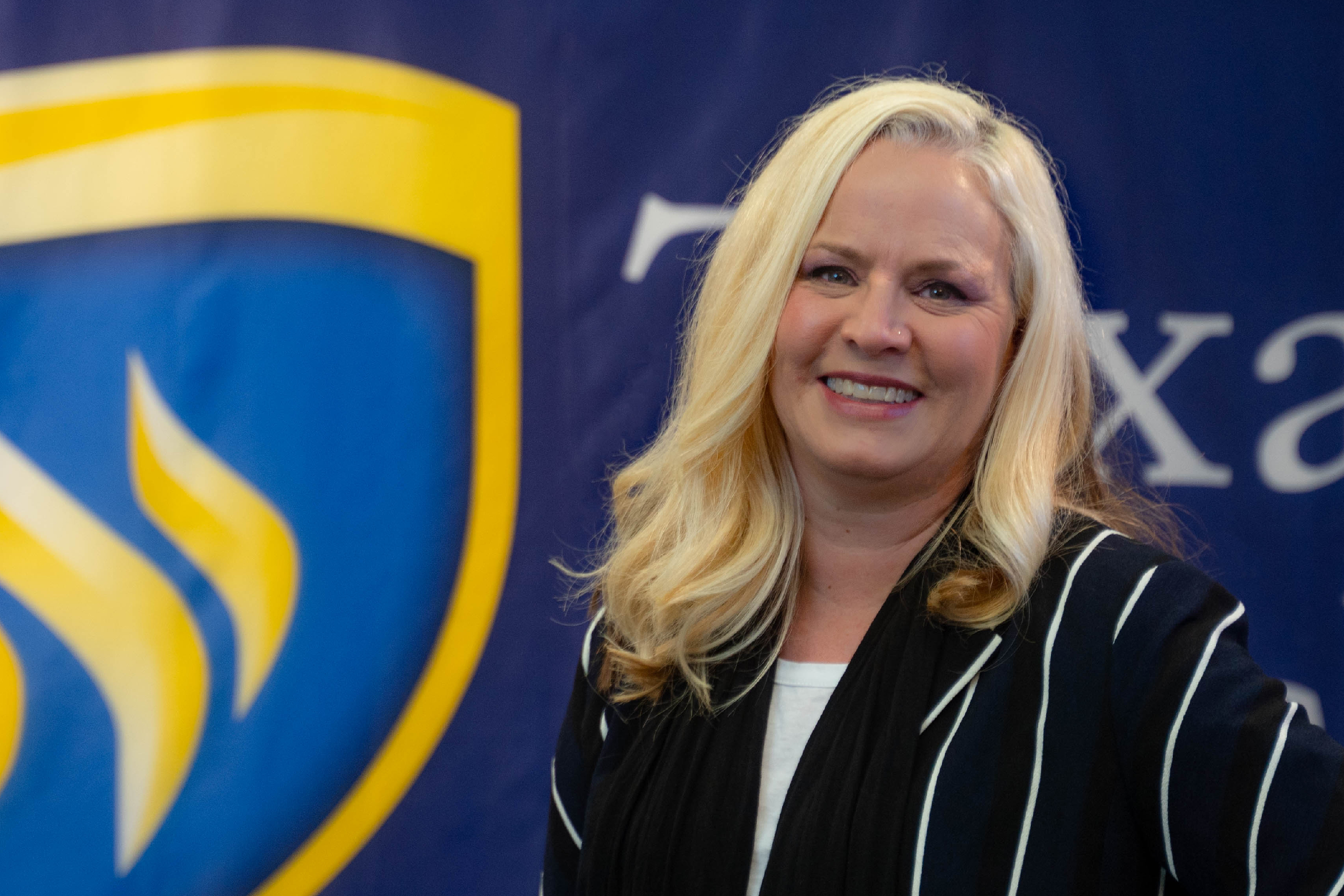Presentations
Selected national and regional conference presentations from 2017 back to 2014 only:
- “Interrogating the Liminal Space Between Print and Digital Literacies: Rites of Passage inTraversing Multimodal Writing While Achieving Outcomes for Students, Instructors, And Programs.” PANEL TITLE: Students Authoring and Engaging in Interfaces: Blogs, Wikis, and Digital Media as Sites of Negotiated Collaboration in Composition.Conference of College Teachers of English. February 2017. Hurst, TX.
- “Students Framing Themselves as Critics and Creators: Social/New Media as Sites ofMultimodal Learning.” Lead Presenter of Interdisciplinary 50-minute concurrent session.Lilly Conference. International Teaching Learning Cooperative. 7 January 2017.Austin, TX.
- “Privacy Level & Student Engagement: Interfaces as Invocations”(presentation discussing closed and open online interfaces and opportunities within course management systems for student engagement; provided bibliography for audience members).Texas Social Media Research Institute. Tarleton State University. 6 November 2015.
- “Clouding up: The Cumulative of Community & PLE’s (Personal Learning Environments) inOnline Courses.” Panel title: “Tweet On, Cloud Up, and Program In!: Righteous Risks InCreating Communities via Online and Hybrid Interfaces at Assignment, Course, and ProgramLevels.” (national conference, 30% acceptance rate, recruited professors for panel) Conference on College Composition and Communication, Tampa, FL, March 18-21, 2015.
- “Clouds & Community: Helping Students Build Cumulative PLE’s (Personal LearningEnvironments) Online” Panel title: “Innovating with Online Experiences: DesigningLearning Experiences that Help Students “Cloud” Up and “Tweet” On.” Georgia InternationalConference on Information Literacy, Savannah, GA, attended by university librarians and faculty from across the disciplines. 9-11 October 2014.
- “A Module State of Mind: Mentoring and Building Community in Online Writing Courses,”Conference of College Teachers of English (CCTE). Lubbock Christian University, Lubbock,TX. February 27 – March 1, 2014.
Publications
Selected, back to 2010 only:
- Neeley (Campbell), Stacia Dunn. “Embedding Ethics in Assignment Design and Assessment: UsingThe E-folio to Close the Loop for Students in First-Year Comp Classes” CCTE Studies2012.
- Neeley, Stacia, and DeeAnn Day. “[Dis]Connecting Cultural Constructs:Using Youth Culture in a First-Year Comp Sequence.” The X Series for Professional Development. Movies, Music, and More. Fountainhead Press, 2010.








